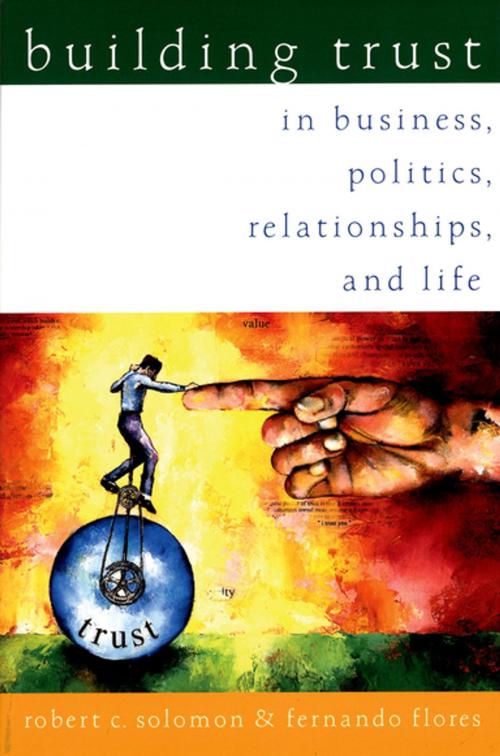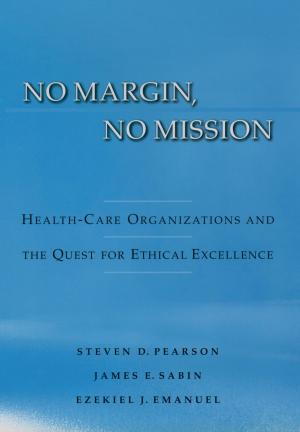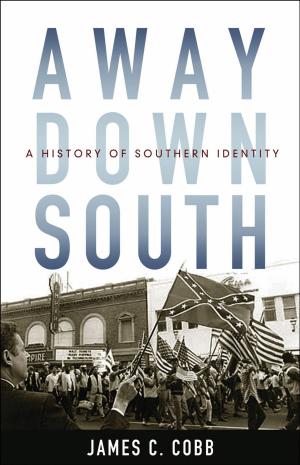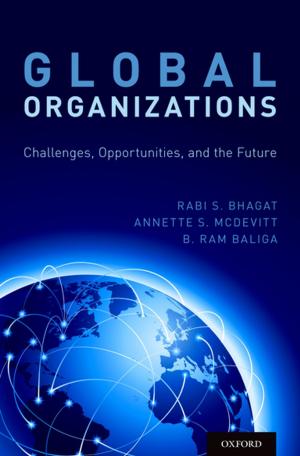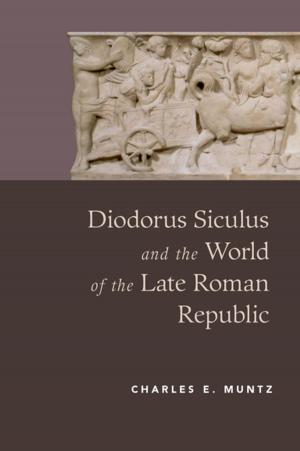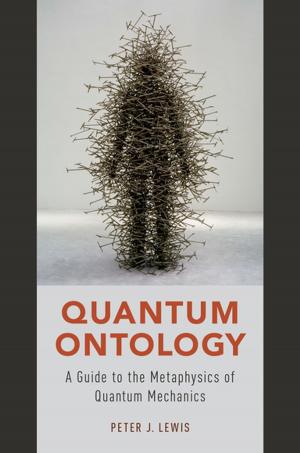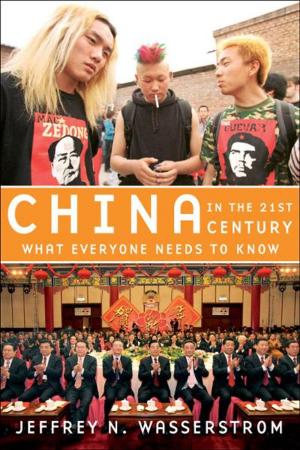Building Trust
In Business, Politics, Relationships, and Life
Nonfiction, Religion & Spirituality, Philosophy, Political, Business & Finance, Management & Leadership, Management| Author: | Robert C. Solomon, Fernando Flores | ISBN: | 9780199839469 |
| Publisher: | Oxford University Press | Publication: | May 1, 2003 |
| Imprint: | Oxford University Press | Language: | English |
| Author: | Robert C. Solomon, Fernando Flores |
| ISBN: | 9780199839469 |
| Publisher: | Oxford University Press |
| Publication: | May 1, 2003 |
| Imprint: | Oxford University Press |
| Language: | English |
In business, politics, marriage, indeed in any significant relationship, trust is the essential precondition upon which all real success depends. But what, precisely, is trust? How can it be achieved and sustained? And, most importantly, how can it be regained once it has been broken? In Building Trust, Robert C. Solomon and Fernando Flores offer compelling answers to these questions. They argue that trust is not something that simply exists from the beginning, something we can assume or take for granted; that it is not a static quality or "social glue." Instead, they assert that trust is an emotional skill, an active and dynamic part of our lives that we build and sustain with our promises and commitments, our emotions and integrity. In looking closely at the effects of mistrust, such as insidious office politics that can sabotage a company's efficiency, Solomon and Flores demonstrate how to move from naïve trust that is easily shattered to an authentic trust that is sophisticated, reflective, and possible to renew. As the global economy makes us more and more reliant on "strangers," and as our political and personal interactions become more complex, Building Trust offers invaluable insight into a vital aspect of human relationships.
In business, politics, marriage, indeed in any significant relationship, trust is the essential precondition upon which all real success depends. But what, precisely, is trust? How can it be achieved and sustained? And, most importantly, how can it be regained once it has been broken? In Building Trust, Robert C. Solomon and Fernando Flores offer compelling answers to these questions. They argue that trust is not something that simply exists from the beginning, something we can assume or take for granted; that it is not a static quality or "social glue." Instead, they assert that trust is an emotional skill, an active and dynamic part of our lives that we build and sustain with our promises and commitments, our emotions and integrity. In looking closely at the effects of mistrust, such as insidious office politics that can sabotage a company's efficiency, Solomon and Flores demonstrate how to move from naïve trust that is easily shattered to an authentic trust that is sophisticated, reflective, and possible to renew. As the global economy makes us more and more reliant on "strangers," and as our political and personal interactions become more complex, Building Trust offers invaluable insight into a vital aspect of human relationships.
